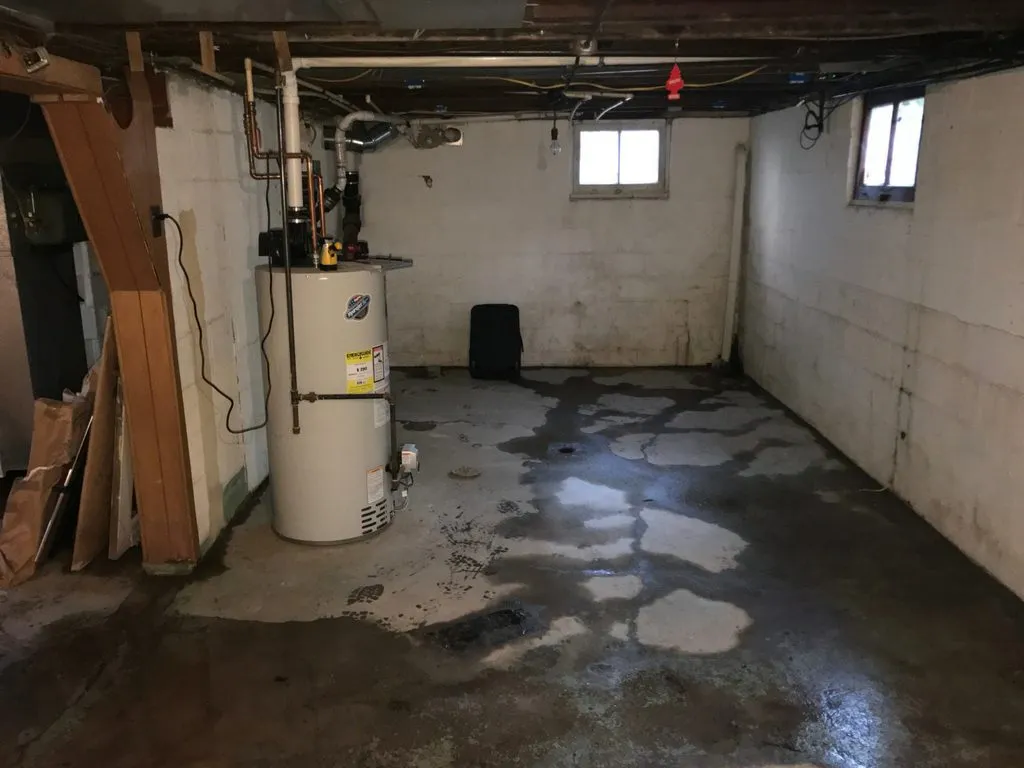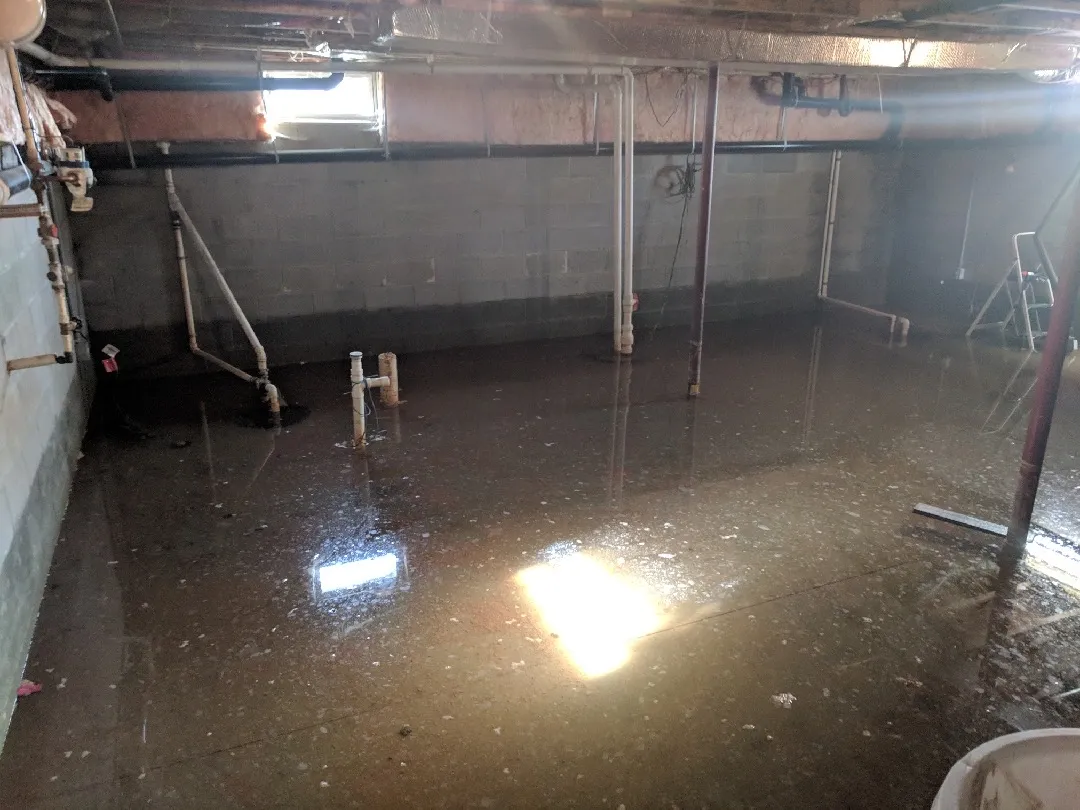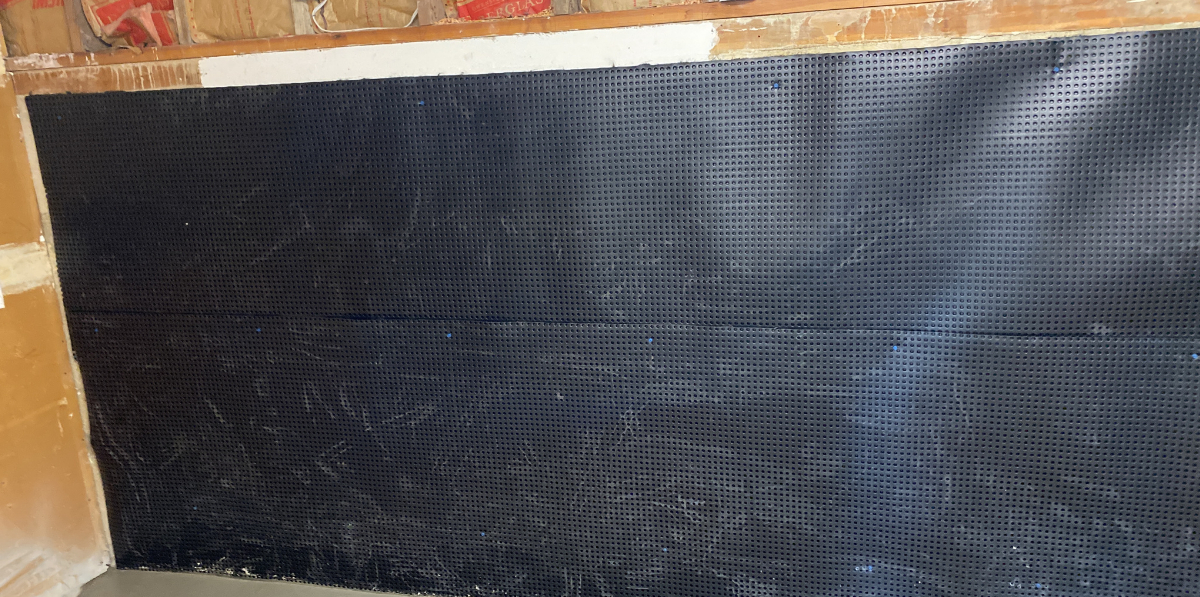Interior Leaks


Why Do Interior Leaks Occur?
How Can I Most Effectively Manage Interior Leaks in My Basement?
After addressing a leak, you may find lingering humidity from standing water. A basement dehumidifier is the best solution for this issue. Like a sump pump, it’s not a cure-all; it won’t solve underlying moisture problems if your basement is currently struggling. However, it significantly enhances an existing waterproofing system.
Keep in mind that basement dehumidifiers are specifically designed for these environments and tend to be more powerful than standard dehumidifiers, which is important given the size of most basements. Additionally, they are often more energy-efficient, minimizing energy consumption during operation.
FAQs About Interior Basement Leaks
Manage Your Interior Basement Leaks More Easily with an Expert’s Help
Dealing with interior basement leaks can be frustrating and overwhelming for any homeowner. However, you don’t have to handle these issues on your own. The best way to manage interior basement leaks is to seek professional assistance. Who better to address basement waterproofing concerns than a specialist in the field?
Whether you’re facing persistent interior leaks or looking to prevent future issues, a Wet Basement Services expert can provide the guidance and solutions you need. Reach out to a basement waterproofing professional today to explore your options and safeguard your home.

